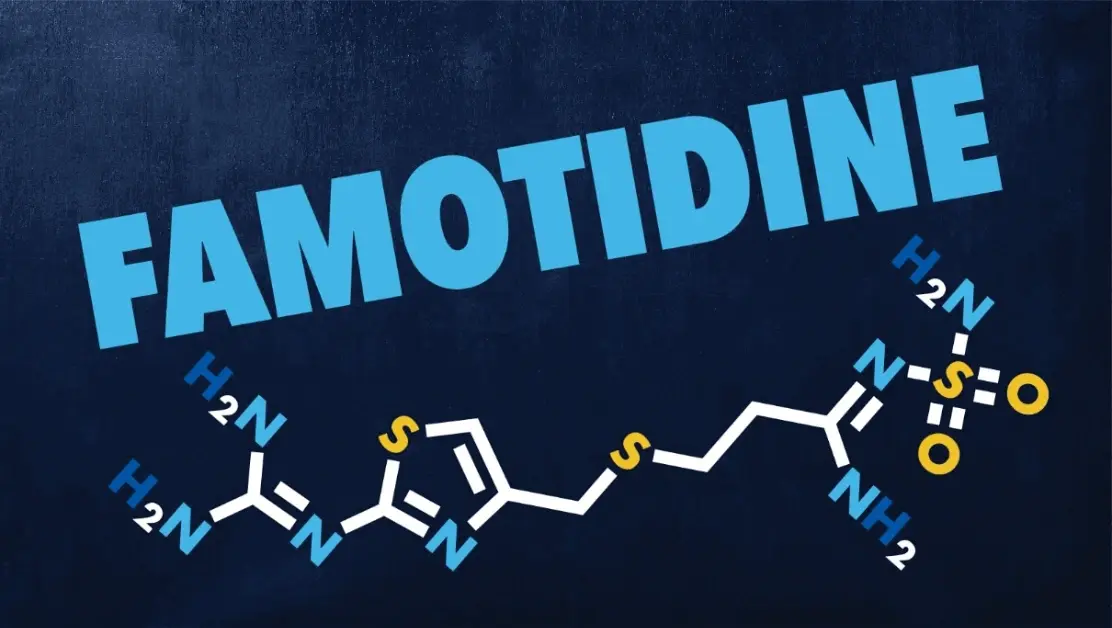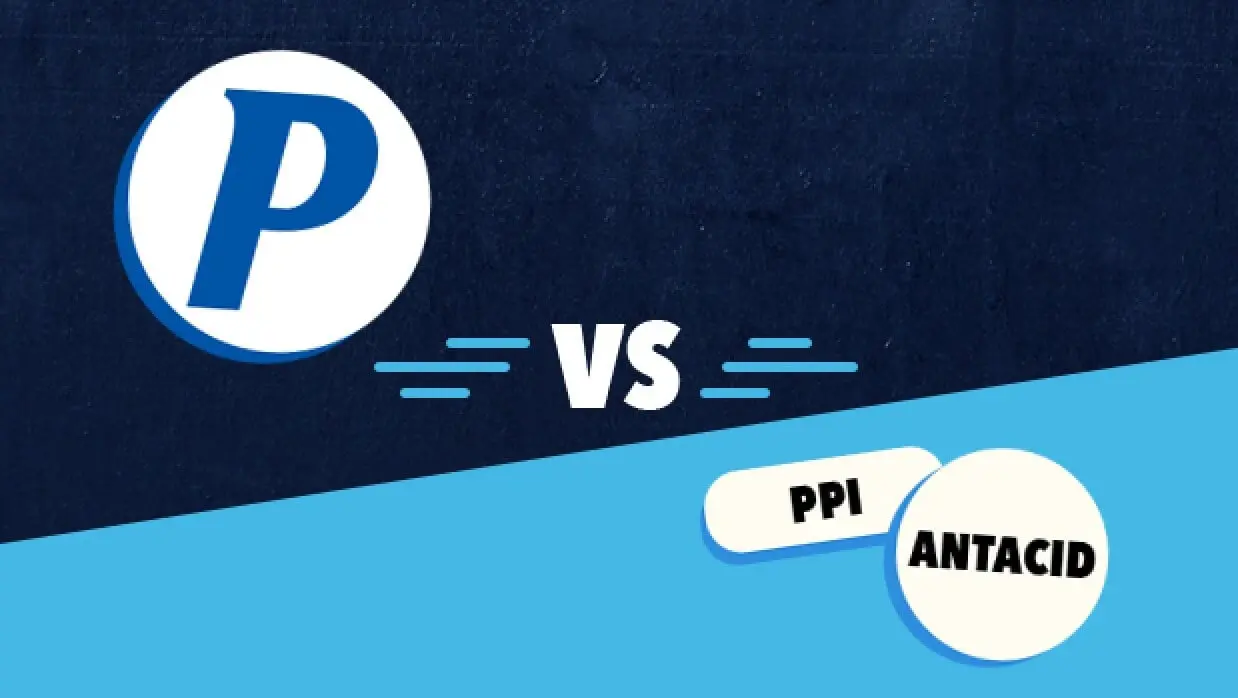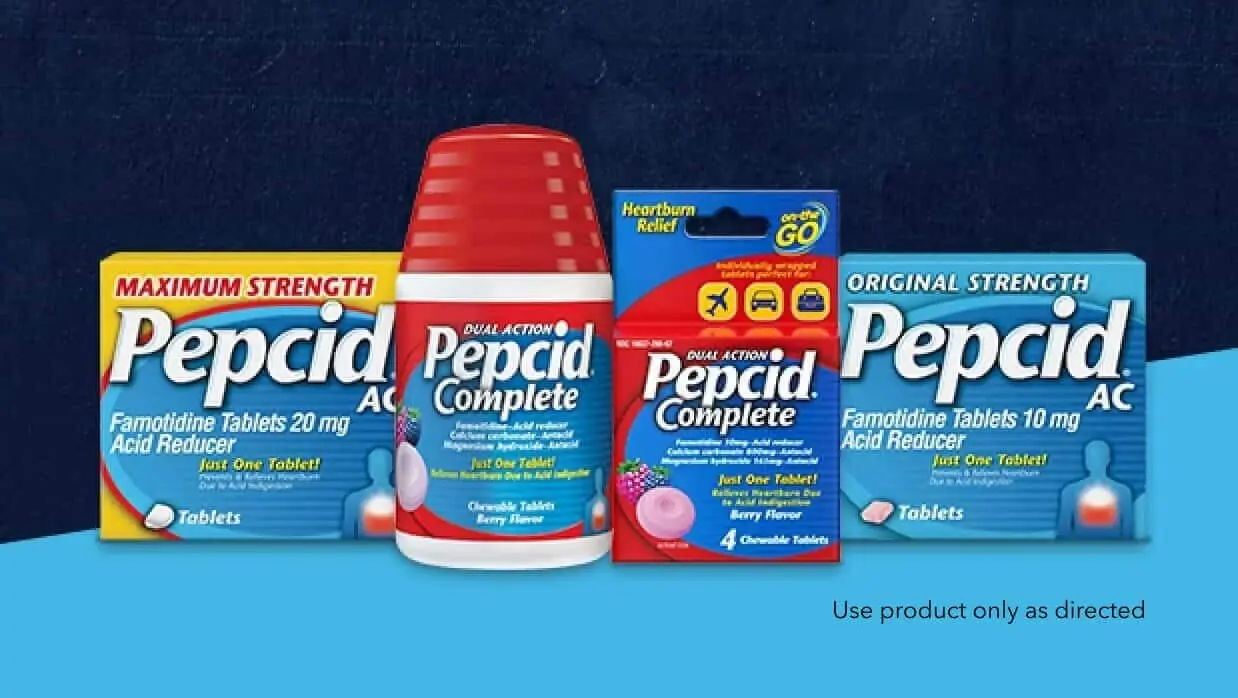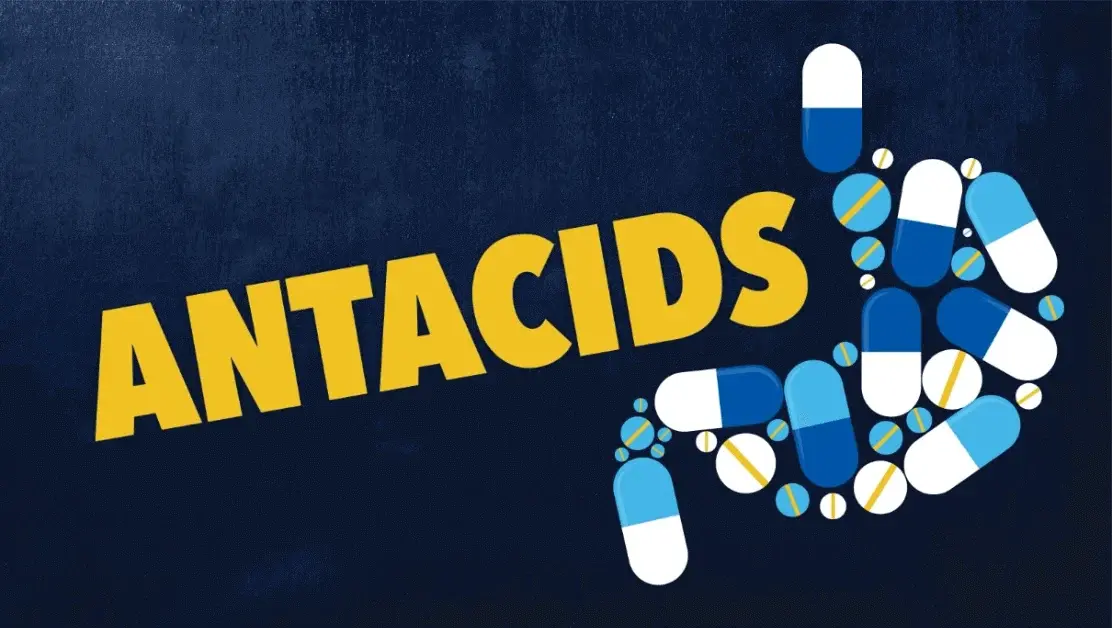Famotidine is an ingredient found in medications that prevent and lessen heartburn symptoms. When you take famotidine, your stomach makes less acid, which helps stop heartburn from occurring.
What Is Famotidine Used For?
Stomach acid contains enzymes and other molecules that help digest food1. However, when too much acid is produced, it can damage the stomach or other digestive organs, leading to several conditions.
Famotidine, when prescribed by a doctor, can be used to treat2:
Gastroesophageal reflux disease (GERD)
Stomach ulcers (painful sores that form in your stomach lining)
Ulcers in the small intestine
Other health conditions that cause the stomach to make too much acid
Acid reflux is a condition that occurs when stomach acid and undigested food flow back out of your stomach and into your esophagus, the tube that connects your mouth and stomach. When acid reflux happens regularly, it is called GERD. Heartburn is a symptom of acid reflux. It is characterized by a burning sensation in the chest.
Non-prescription famotidine can be used to:
Prevent or relieve heartburn due to acid indigestion
How Does Famotidine Work?
Stomach acid is made by parietal cells, a type of cell found in the lining of the stomach. These cells contain several “switches” that help control when acid production is turned on or off. One switch is a protein called the H2 histamine receptor. When this protein is activated, parietal cells begin making more acid3.
Famotidine is a type of drug known as an H2 receptor antagonist (H2RA) or simply an H2 blocker. H2 blockers attach to the H2 histamine receptor, preventing it from turning on and blocking the parietal cells from creating extra acid3. Less acid in the stomach reduces the chances that acid reflux will occur.
Watch a video to see how H2 blockers like PEPCID® work:
How To Take Over-the-Counter Famotidine Tablets
In order to treat acid reflux symptoms like heartburn, adults and children 12 years or over can take a 20 mg tablet of famotidine once or twice per day. You can take famotidine tablets when you start to feel heartburn symptoms come on. Alternatively, to prevent heartburn, you can take one tablet 10 to 60 minutes before eating or drinking something that could trigger heartburn4.
Simply swallow the tablet with a full glass of water. Do not chew the tablet. For children under the age of 12, ask a doctor before using famotidine4.
Don’t use more than two famotidine tablets within a 24-hour period. Additionally, stop use and see a doctor if you need to take this product for more than two weeks2.
If you have any questions about using famotidine tablets, ask your doctor or pharmacist.
When you need heartburn relief fast, try Maximum Strength PEPCID AC® with 20 mg of famotidine. You can also take Maximum Strength PEPCID AC® before a meal in order to help prevent symptoms from starting in the first place.
Maximum Strength PEPCID AC® is not indicated to treat GERD. If you have been experiencing heartburn for three months, talk to your doctor before using Maximum Strength PEPCID AC®. If you have trouble or pain swallowing food, vomiting with blood, or bloody or black stools, do not use Maximum Strength PEPCID AC®, and see your doctor right away. These may be signs of a more serious condition.
Precautions & Side Effects
Famotidine side effects can include2:
Headache
Dizziness
Constipation
Diarrhea
Tell your doctor if you experience these side effects and they don’t go away. Additionally, call your doctor right away if you notice itching, swelling, hives or a rash, hoarseness, or breathing or swallowing problems2.
Don’t use this medication if you have an allergy to famotidine or other acid-reducing drugs. Additionally, you should avoid taking famotidine at the same time as other heartburn medications unless your doctor recommends it. Tell your doctor about all prescription medications, over-the-counter drugs, and supplements that you are taking, since famotidine can sometimes interact with them.
References
How Does the Stomach Work? InformedHealth.org. Updated August 21, 2016. Accessed December 16, 2021.
Famotidine. MedlinePlus. Revised October 15, 2017. Accessed December 16, 2021.
Engevik AC, Kaji I, Goldenring JR. The Physiology of the Gastric Parietal Cell. Physiol Rev. 2020;100(2):573-602.
Label: Pepcid AC Maximum Strength – Famotidine Tablet, Film Coated. DailyMed. Updated October 13, 2021. Accessed December 16, 2021.




